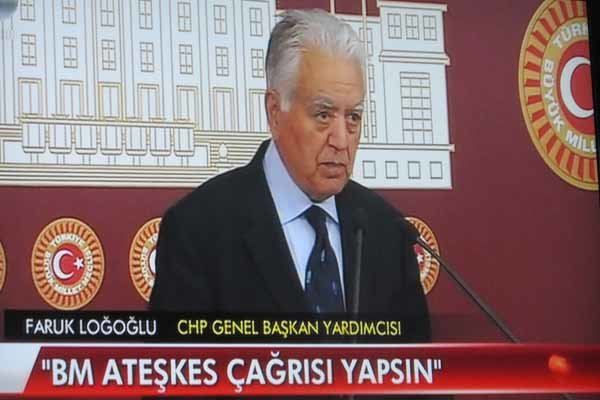Mr. Recep Tayyip Erdoğan seeks ambitious scheme of turning Turkish political system to a system which invests drastically higher authority to president and the future referendum to which Turkish public should vote in April 16. Yet, the AKP party has waged efforts to greatly publicize the ‘Yes’ campaign by extensively campaigning even in the heart of Europe where significant numbers of Turkish minorities live. The European countries, which see the referendum as an act to cement AKP and Mr. Erdoğan’s grip on political power, have reacted by opposing in one way or the other the meetings where government ministers have invested hope to attend.
The story became interesting where Germany cancelled, over purportedly security reasons, a public meeting of Turkish-Germans on the referendum; just a day after, the Netherland did not allow flight having onboard Foreign Minister Mevlüt Çavuşoğlu to land. Erdoğan and Dutch Prime Minister Mark Rutte exchanged verbal fists, Amsterdam even going too far to threat Turkey to unilaterally consider sanctions against Turkey.
To shed some new light into the opaque conditions through the smoke, Payman Yazdani asked Mr. Osman Faruk Loğoğlu for a commentary on Turkey-Europe confrontation on the issue.
Mr. Loğoğlu, though belonging to a different political party which opposed AKP, implicated both Turkey and Europe in undermining citizen’s rights to free speech. He also highlighted the recent rise of populism led by far-right leaders threatening to overtake the political power in much of the EU as the possible reasons why recent events would take place; “there are two main reasons. One is the rise in Europe of populism, racism, xenophobia, fear of Islam, of terrorism and of irregular migration, combined with concern over what is perceived as Turkey’s slide away from democracy into authoritarianism. This plays into the hands of every shade of European politicians and public opinion,” he told Mehr News.
“The other reason is obviously the approaching elections in the Netherlands, Germany and later in France. The Turkish-Muslim factor is thus being exploited in different ways and to different degrees by all political parties in Europe.
“These two factors have come together in an explosive combination and it has been ignited by the Turkish Government’s insistence to hold public meetings with Turkish citizens living in Europe on the eve of the Constitutional referendum on 16 April 2017 in Turkey.
“The European stance is a clear violation of the right to be informed, the right of assembly and of the freedom of expression. Therefore it should be condemned. The Turkish opposition thus joins the AKP in its criticism of the Netherlands for objective reasons. But the opposition’s failure to simultaneously demand respect for the same freedoms of Turkish citizens at home and its call for “the suspension of relations with the Netherlands” are problematic and in my view, wrong.
“These developments will certainly inflict further, but heavy damage to Turkey’s EU accession prospects. The EU accession process is already bogged down and has been at a stand-still for a long time. The EU has taken a recent decision to terminate certain EU funds to Turkey. All these steps and developments will probably lead to a new solidarity front in the EU - against Turkey. For example, Denmark just called on the Turkish Prime Minister to postpone his visit to Copenhagen.
“We are thus facing a downward spiral in Turkish-EU relations and more importantly a process of the degeneration on all sides of universal values, which if not controlled and stopped by reasoned diplomacy, will lead to losses, major historical losses by all sides. “Europe must return and repossess its traditional values of democracy, the rule of law and respect for fundamental freedoms. Turkey must move in the same direction.”
Interview by: Payman Yazdani
